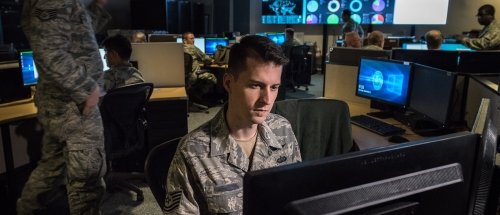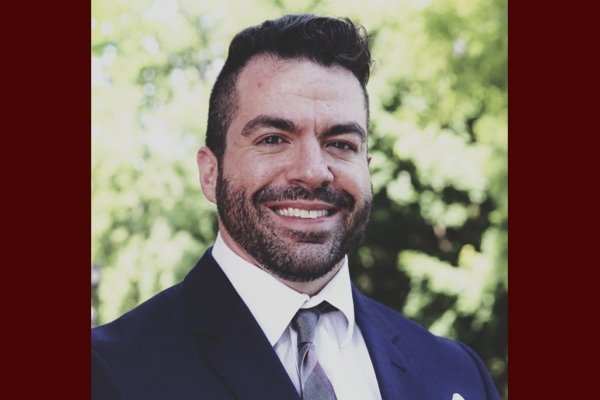
Bachelor of Science in National Security Studies
Gain a Comprehensive Approach to National Security
You know that global and domestic threats to the United States can take many forms and vary in their impact. Critical thinking skills, advanced problem-solving techniques and the ability to anticipate and plan for all hazards are crucial to your success. Norwich University’s online Bachelor of Science in National Security Studies program is designed to help you meet such challenges head-on.
Your learning experience is backed by 200 years of developing leaders in the military, public sector, and private industry. Norwich’s faculty of seasoned experts will provide you with personalized support. With multiple start dates and a 100% online classroom, you can complete coursework when it fits your schedule.
Are you prepared to build upon your Combat Arms and Combat support education and experience in the military, intelligence or law enforcement communities? Your Norwich degree will sharpen your skills in research and analysis, decision-making, leadership and communication so you can move forward with your current job, forge a new career path or go on to earn your master’s degree in a related field of study.
You, at Norwich
Our approach to integrated curricula allows you to take courses in a wide range of subjects, as well as the opportunity to explore a specific topic of study in depth.
Transfer up to 90 semester credits and complete your degree in fewer than two years.
Several start dates per year offer you the ability to enroll when it fits your schedule.
Relevant electives, including Strategic Communications or Business and Professional Writing.
Accreditation & Recognition

Norwich University is accredited by the New England Commission of Higher Education (formerly the Commission on Institutions of Higher Education of the New England Association of Schools and Colleges, Inc.).
The appearance of U.S. Department of Defense (DoD) visual information does not imply or constitute DoD endorsement.













